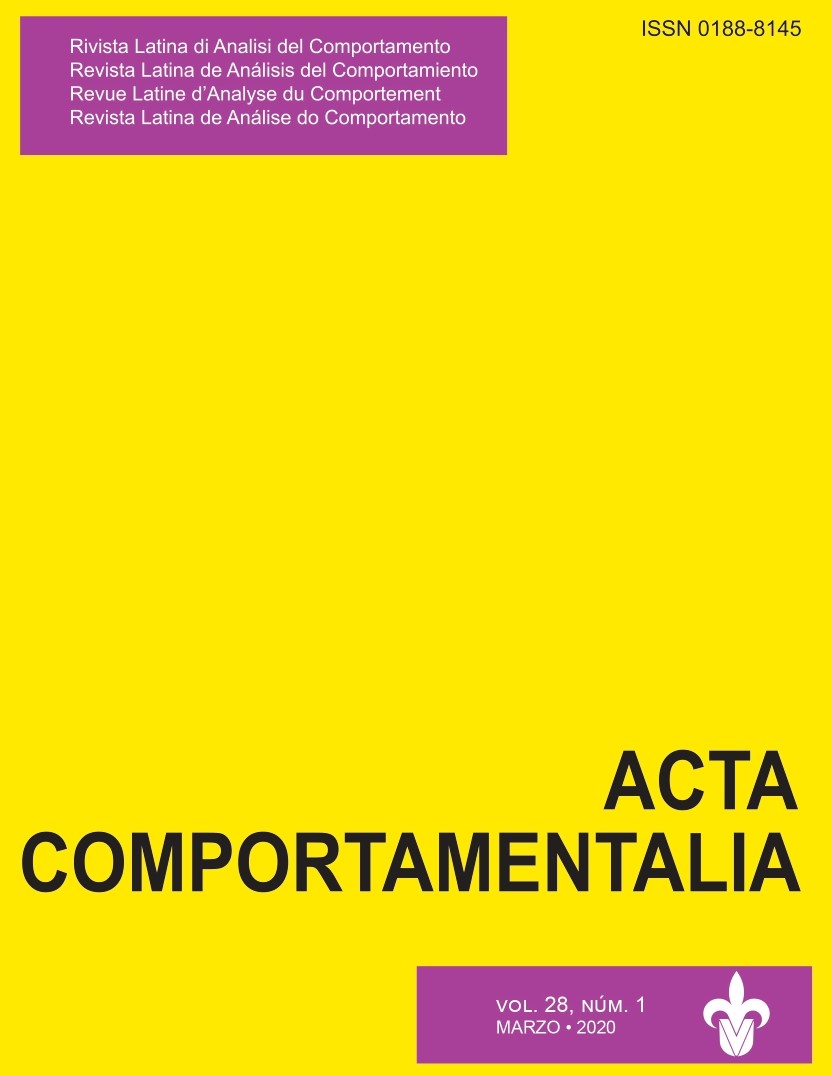Concordância entre observadores e fidelidade de implementação no Brasil: Uma revisão
DOI:
https://doi.org/10.32870/ac.v28i1.75181Palabras clave:
Evidence-based practices, Behavior Analysis, Brazilian journals, interobser- ver agreement, fidelity of implementation.Resumen
In Behavior Analysis, evidence-based practices (EBPs) are defined as ways to improve the decision-making process in professional settings, taking into consideration the best available scientific evidence, the client’s values and context, and professional expertise. Among the important variables to assess evidence are interobserver agreement (IOA, concordância entre observadores, in Portuguese) and implementation fidelity (FI, fidelidade de implementação, in Portuguese). Both variables are important because they increase data reliability, especially when humans collect data and implement procedures, because human errors are likely in any context. This manuscript sought to analyze the presence of IOA and FI in studies published in behavior analytic Brazilian journals, from 2013 to 2017. This study was conducted in two phases. In Phase 1, 290 studies were analyzed according to 6 categories (i.e., published between 2013 and 2017, accessible online, written in Portuguese, human beings were the only participants in the study, the study was experimental, and there were pre-intervention measures). Thirty-five articles were approved for Phase 2, which specifically analyzed the presence of IOA and FI. Among these 35 articles, 10 had IOA, 5 had indication of IOA (e.g., they mention IOA procedures, but did not describe them), and 2 described FI measures. The results show the need for research that would describe and measure IOA and FI in behavior analytic Brazilian journals.
Descargas
Descargas
Publicado
Cómo citar
Número
Sección
Licencia

<a rel="license" href="http://creativecommons.org/licenses/by-nc-sa/4.0/"><img alt="Licencia de Creative Commons" style="border-width:0" src="https://i.creativecommons.org/l/by-nc-sa/4.0/88x31.png" /></a><br />Este obra está bajo una <a rel="license" href="http://creativecommons.org/licenses/by-nc-sa/4.0/">licencia de Creative Commons Reconocimiento-NoComercial-CompartirIgual 4.0 Internacional</a>.






